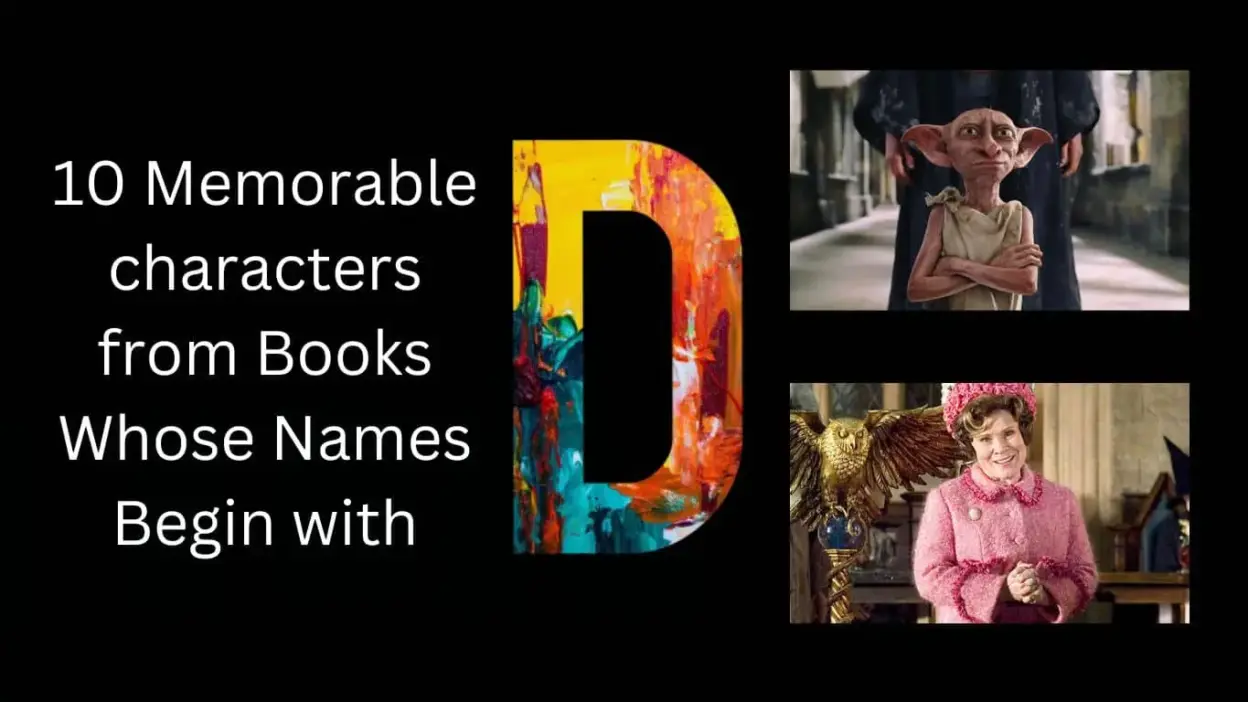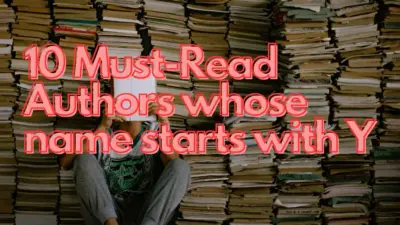In the realm of literature, certain characters stand out not just for their stories, but also for their distinctive names that start with the letter ‘D’. These characters have left an indelible mark on readers worldwide, each bringing their unique traits, challenges, and adventures. Here’s a look at “10 Memorable Characters from Books Whose Names Begin with ‘D’”, exploring the depths and complexities these individuals add to their respective narratives.
10 Memorable characters from Books Whose Names Begin with ‘D’
Daisy Buchanan (“The Great Gatsby” by F. Scott Fitzgerald)
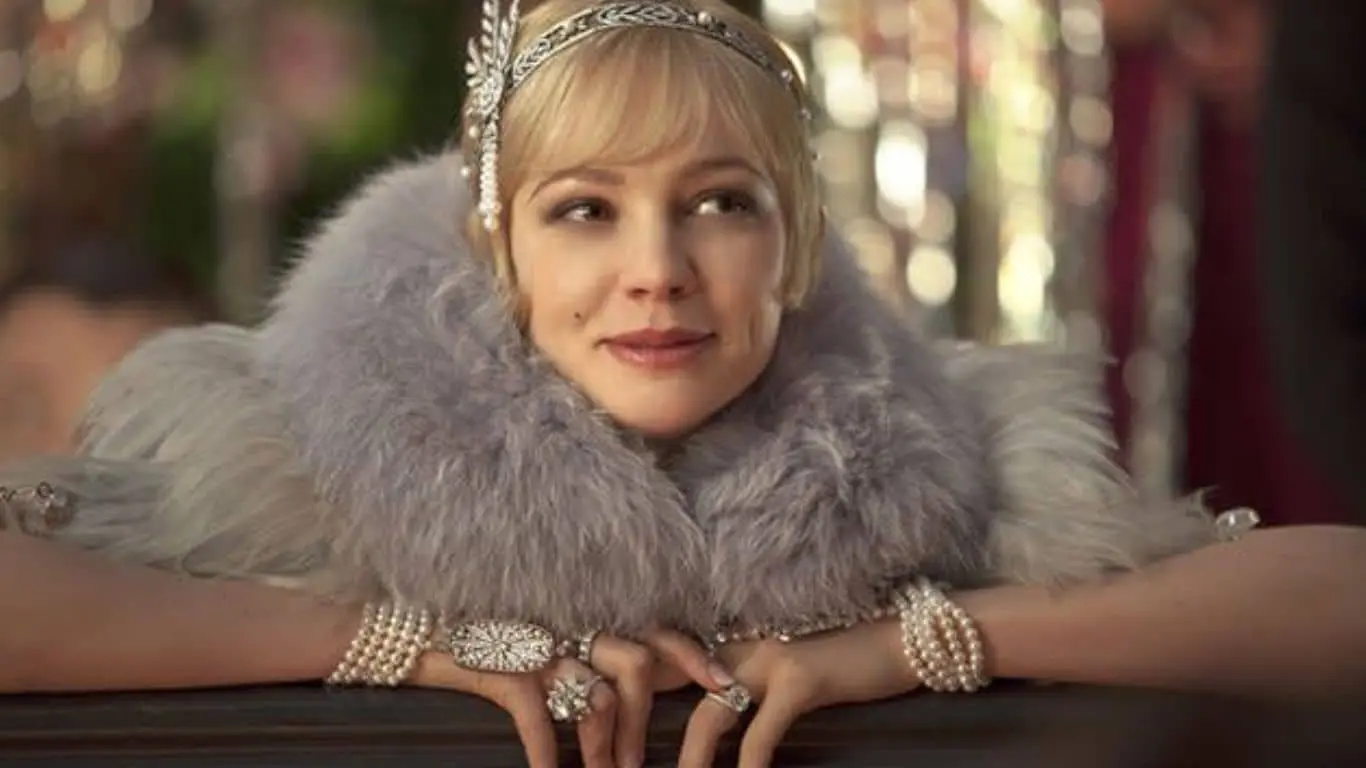
In “The Great Gatsby,” the golden girl of the Jazz Age, Daisy Buchanan, embodies both the allure and the tragedy of her time. Her beauty and charm are undeniable, yet they mask a deeper malaise indicative of the era’s moral decline and the elusive nature of the American Dream.
Her tumultuous love affair with Gatsby and subsequent retreat back into a life of comfort and privilege encapsulate the conflicting values of the period and the ephemeral nature of dreams and desires. Daisy’s character serves as a poignant reflection on the complexities of love, aspiration, and the inevitable disillusionment that often follows.
Dorian Gray (“The Picture of Dorian Gray” by Oscar Wilde)
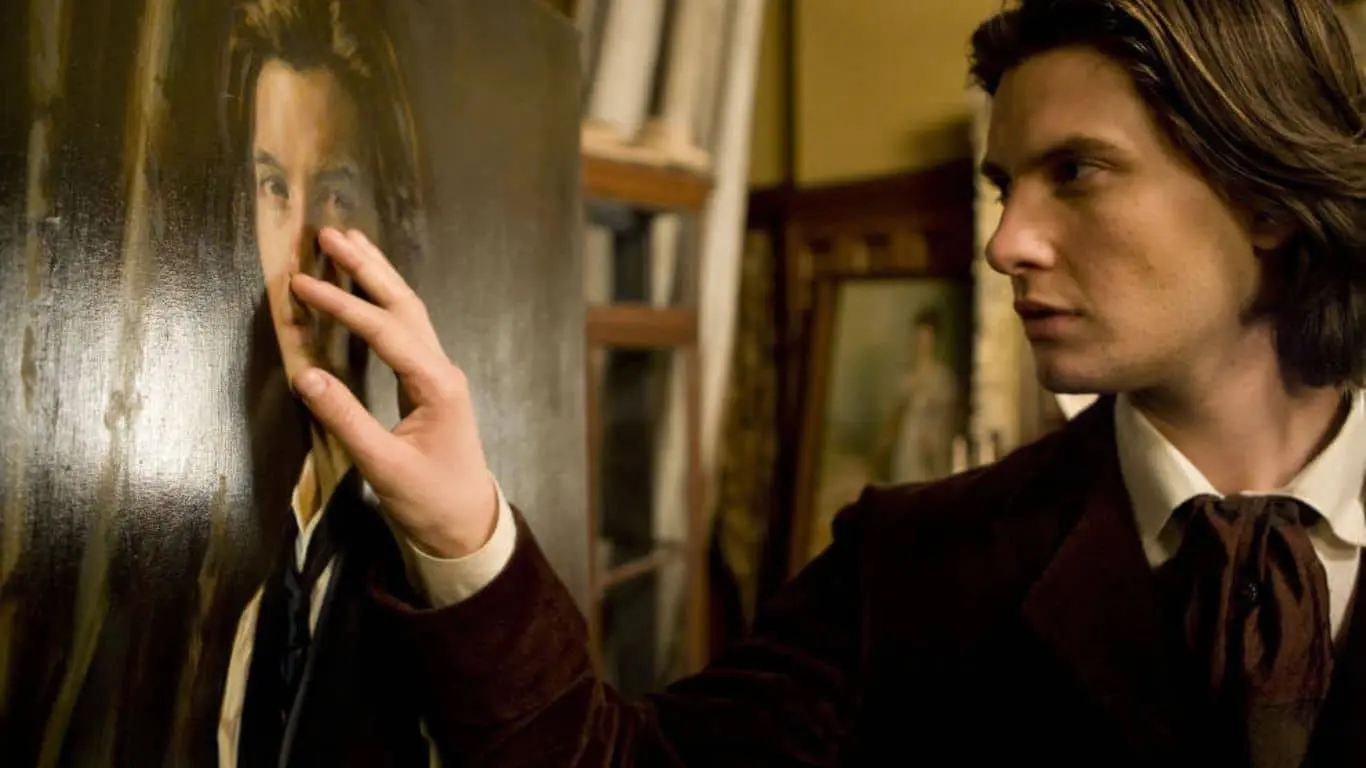
In “The Picture of Dorian Gray” by Oscar Wilde, Dorian Gray embodies the dangers of vanity and the obsession with eternal youth. By a supernatural pact, his portrait ages and decays, reflecting his moral corruption while he remains outwardly unchanged.
His descent into hedonism and moral decay, set against Victorian London’s facade, highlights the stark contrast between appearance and reality. Dorian’s tale is a grim exploration of narcissism and the dire consequences of a life detached from morality, serving as a stark warning about the costs of vanity and the loss of the soul for perpetual beauty.
David Copperfield (“David Copperfield” by Charles Dickens)
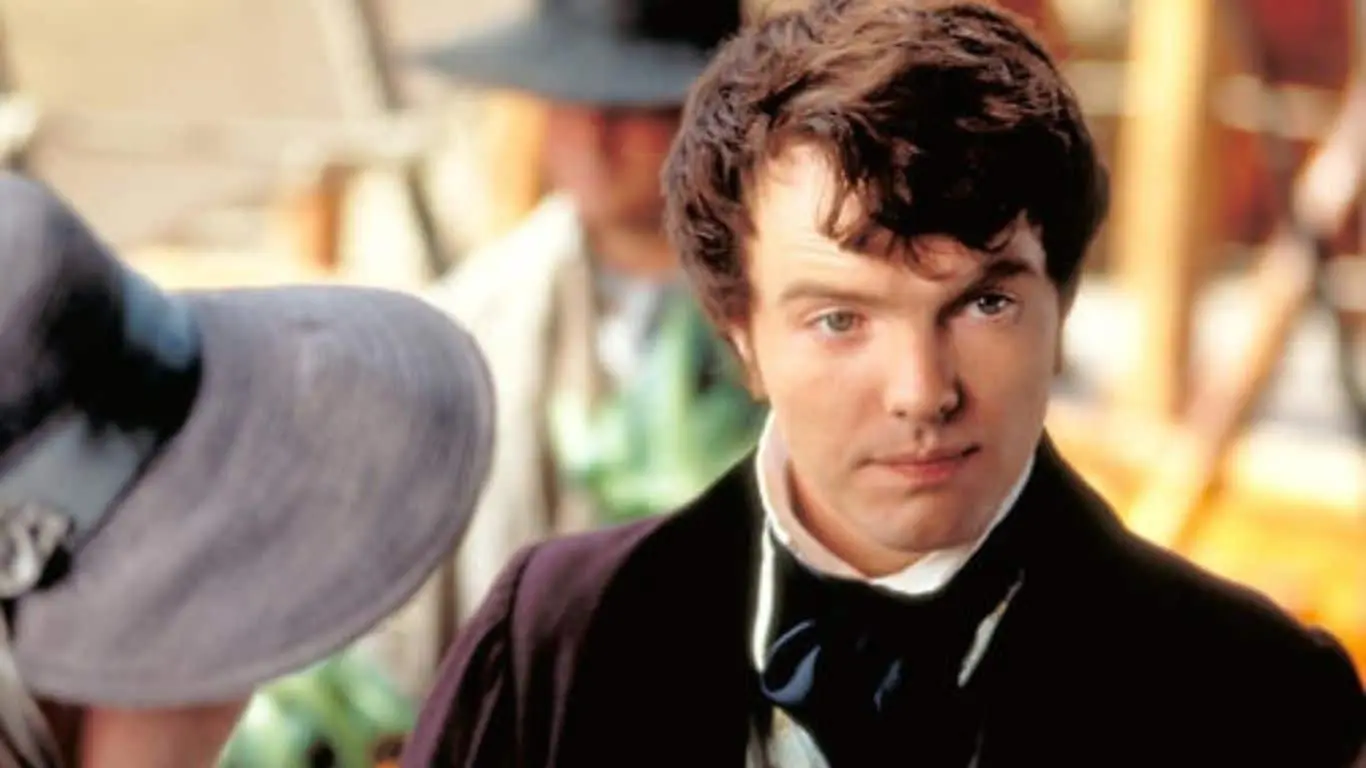
This autobiographical masterpiece by Charles Dickens traces the journey of a young boy from a difficult childhood to becoming a respected writer. The narrative of “David Copperfield” is woven through with formidable challenges and a cast of characters that profoundly influence the protagonist’s worldview.
From the treacherous Uriah Heep to the ever-hopeful Mr. Micawber, these individuals shape his life’s path. The novel delves deep into themes of resilience, personal identity, and the relentless pursuit of happiness and fulfillment amidst life’s trials, celebrating the enduring power of the human spirit.
Daenerys Targaryen (“A Song of Ice and Fire” series by George R.R. Martin)
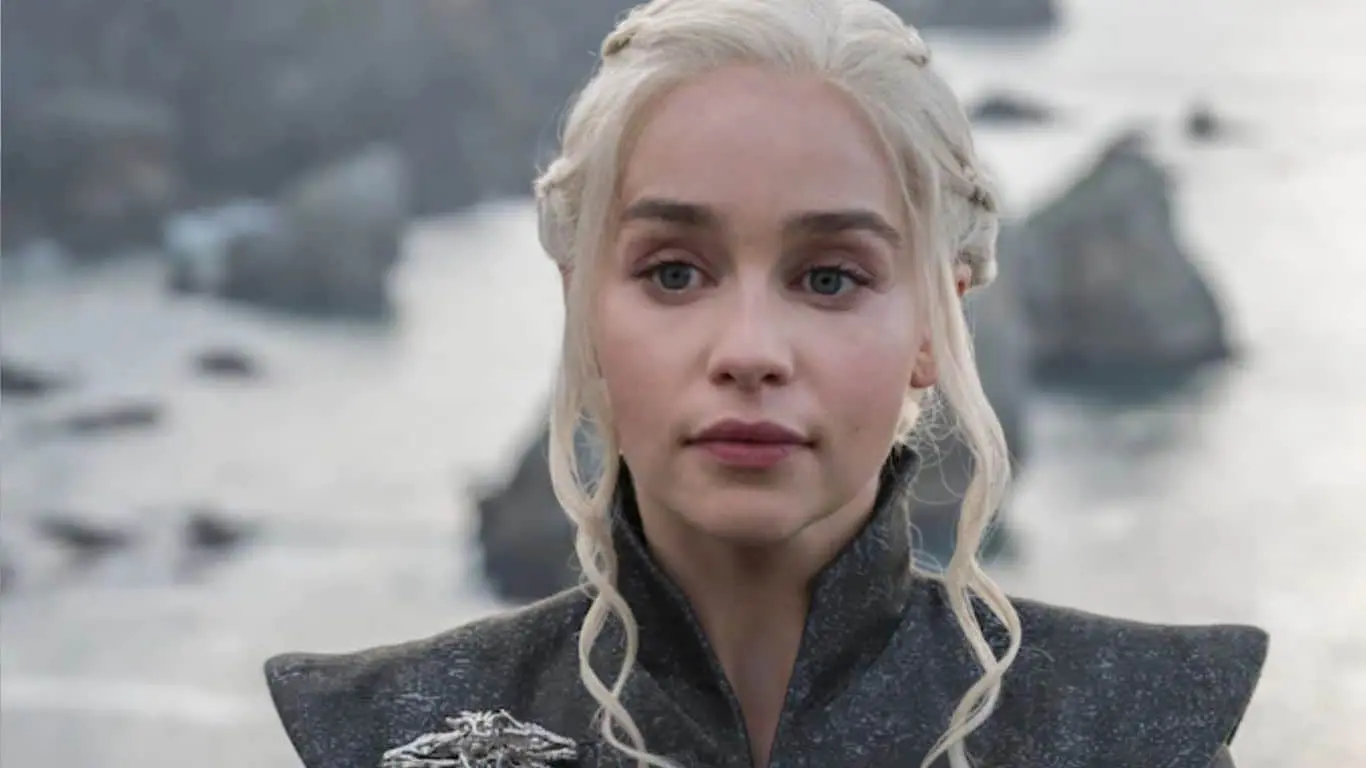
The transformation of Daenerys Targaryen, known as Khaleesi and the Mother of Dragons, stands as a riveting tale of empowerment in the fantasy genre. From a subdued exiled princess to a formidable ruler, her journey is marked by relentless challenges that test her values and leadership. As she seeks to reclaim the Iron Throne and champion the oppressed, her story weaves through a labyrinth of betrayal and conflict, painting a vivid picture of the complexities of power and legacy.
Daenerys’s ascent is more than a struggle for the throne; it’s a deep dive into the essence of just and empathetic leadership in a tumultuous world, making her narrative a compelling saga of growth, resilience, and the pursuit of a noble vision.
Dolores Umbridge (“Harry Potter” series by J.K. Rowling)
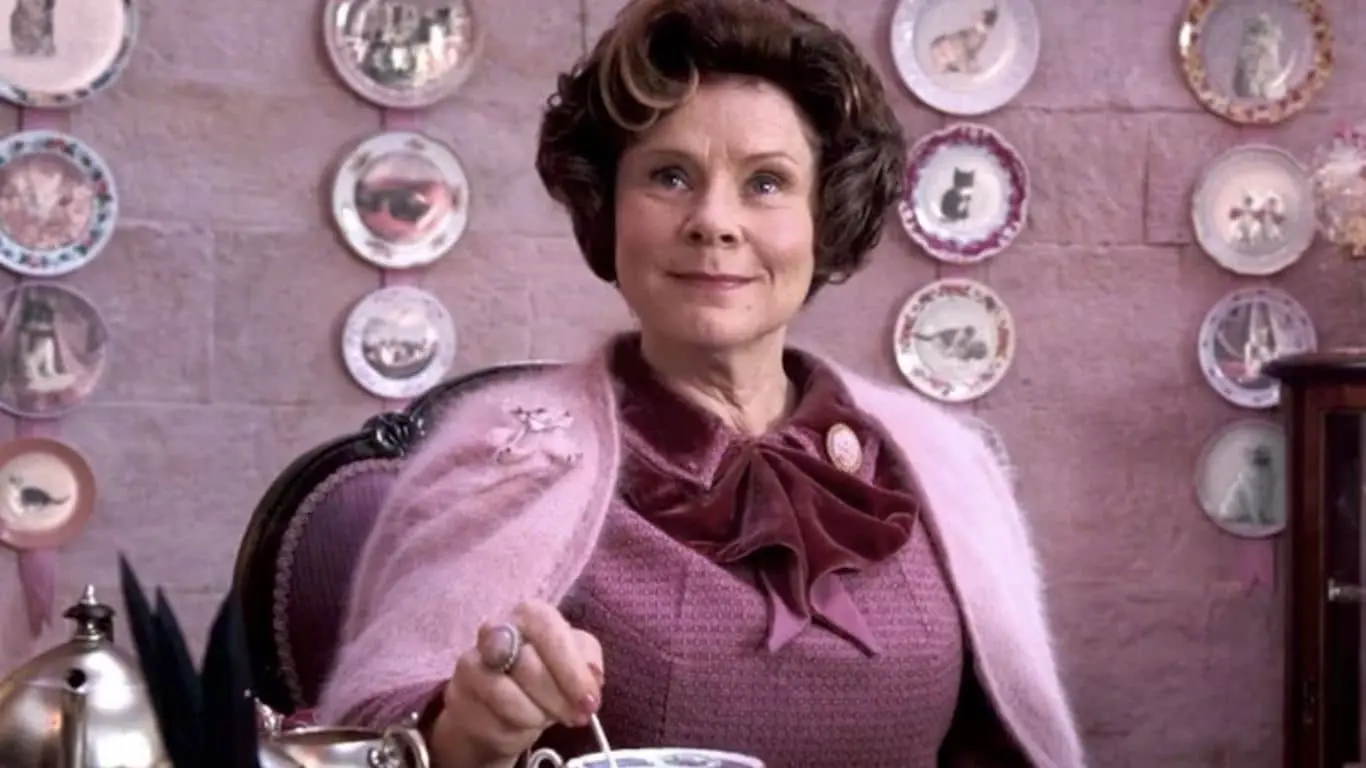
Cloaked in a facade of cloying sweetness and ostentatious displays of propriety, Dolores Umbridge emerges as an insidious force within the wizarding world. Her ascent to positions of power at both Hogwarts and the Ministry of Magic serves as a chilling reminder of how easily malevolent forces can infiltrate and corrupt institutions under the pretense of maintaining order and security.
Throughout her tenure, she methodically strips away rights and freedoms, imposing her own twisted version of discipline. This era, marked by her reign of terror, becomes a defining moment that severely tests the resilience, bravery, and solidarity of Harry and his allies in their fight against the darker aspects of power and governance.
Dr. Frankenstein (“Frankenstein” by Mary Shelley)
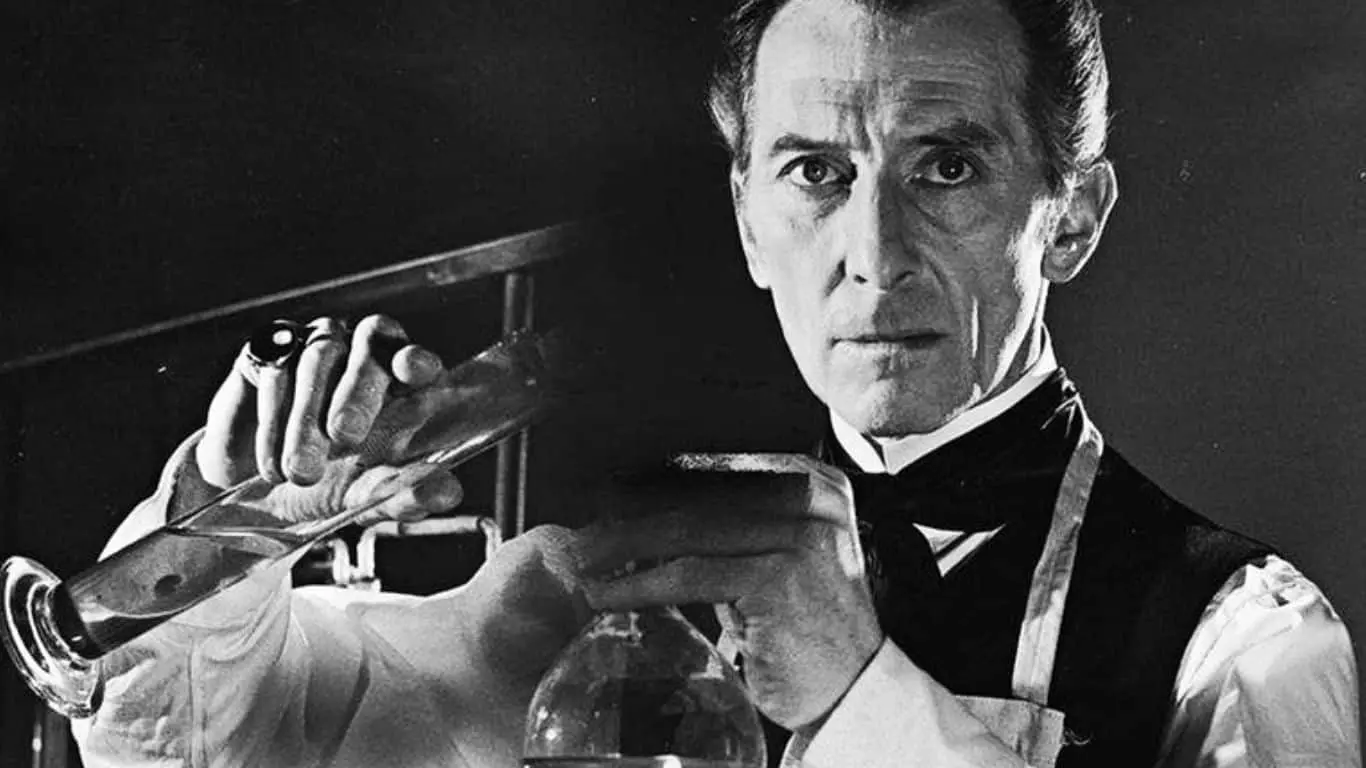
Fueled by an unbridled ambition to defy the natural order, Dr. Victor Frankenstein embarks on a quest to animate the lifeless, a journey that culminates in tragedy and remorse. The creature he brings to life, often erroneously referred to as Frankenstein, emerges as a being of profound complexity, craving love and societal acceptance.
The tragic entanglement of creator and creation weaves a narrative rich with questions about the essence of humanity, the moral implications of scientific pursuit, and the weighty responsibilities borne by those who dare to play god. This story, a cornerstone of gothic literature, serves as a timeless contemplation of human ambition and the unforeseen consequences that often accompany our most daring ventures.
Don Quixote (“Don Quixote” by Miguel de Cervantes)
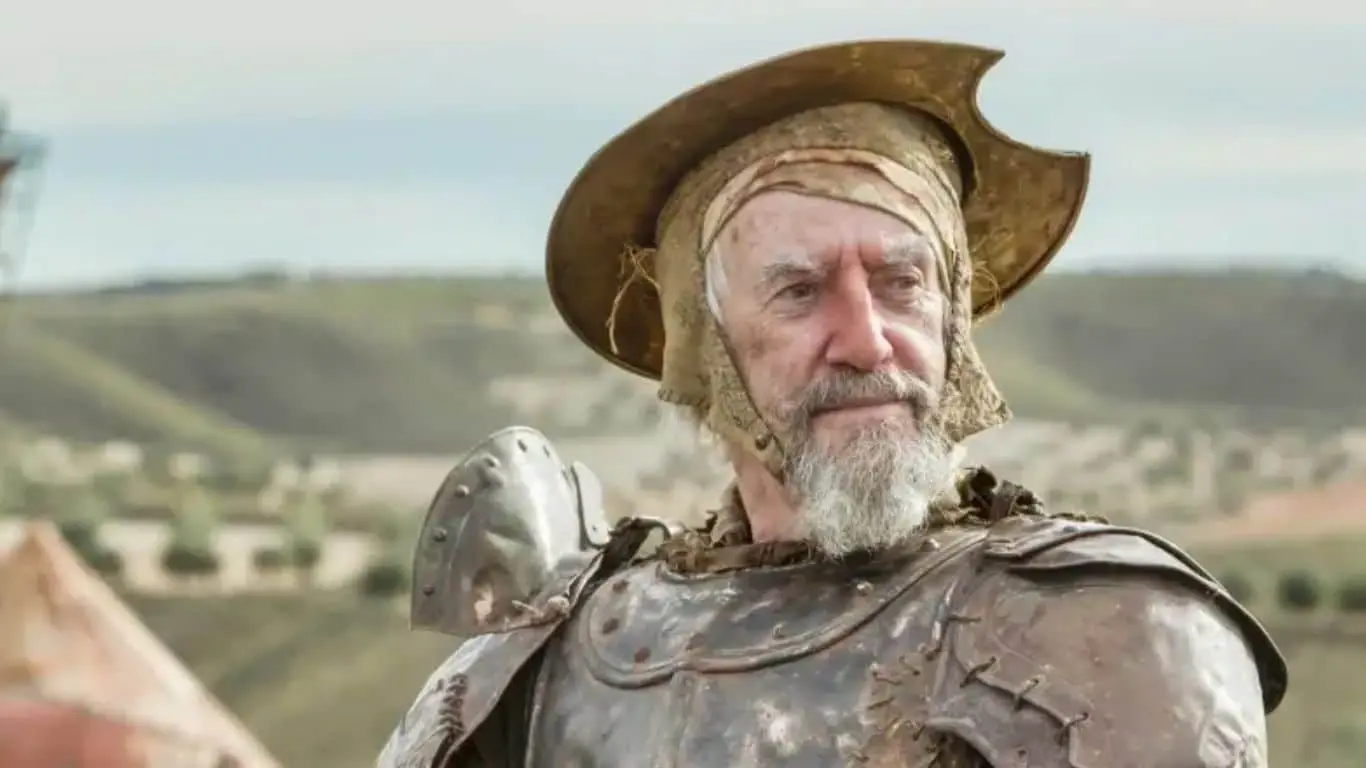
Embarking on a quixotic journey in a world that has long forgotten chivalry, the self-proclaimed knight-errant Don Quixote becomes a figure of both comedy and pathos. Alongside his faithful squire, Sancho Panza, he tilts at windmills and battles imagined foes, all in a quest to resurrect the bygone values of knightly honor.
This poignant exploration delves deep into themes of idealism and delusion, highlighting the human need for dreams, heroes, and the pursuit of something greater than oneself, even in the face of ridicule and disenchantment. Don Quixote’s adventures, while often humorous, ultimately reflect the enduring power and tragedy of the human imagination.
Dobby (“Harry Potter” series by J.K. Rowling)
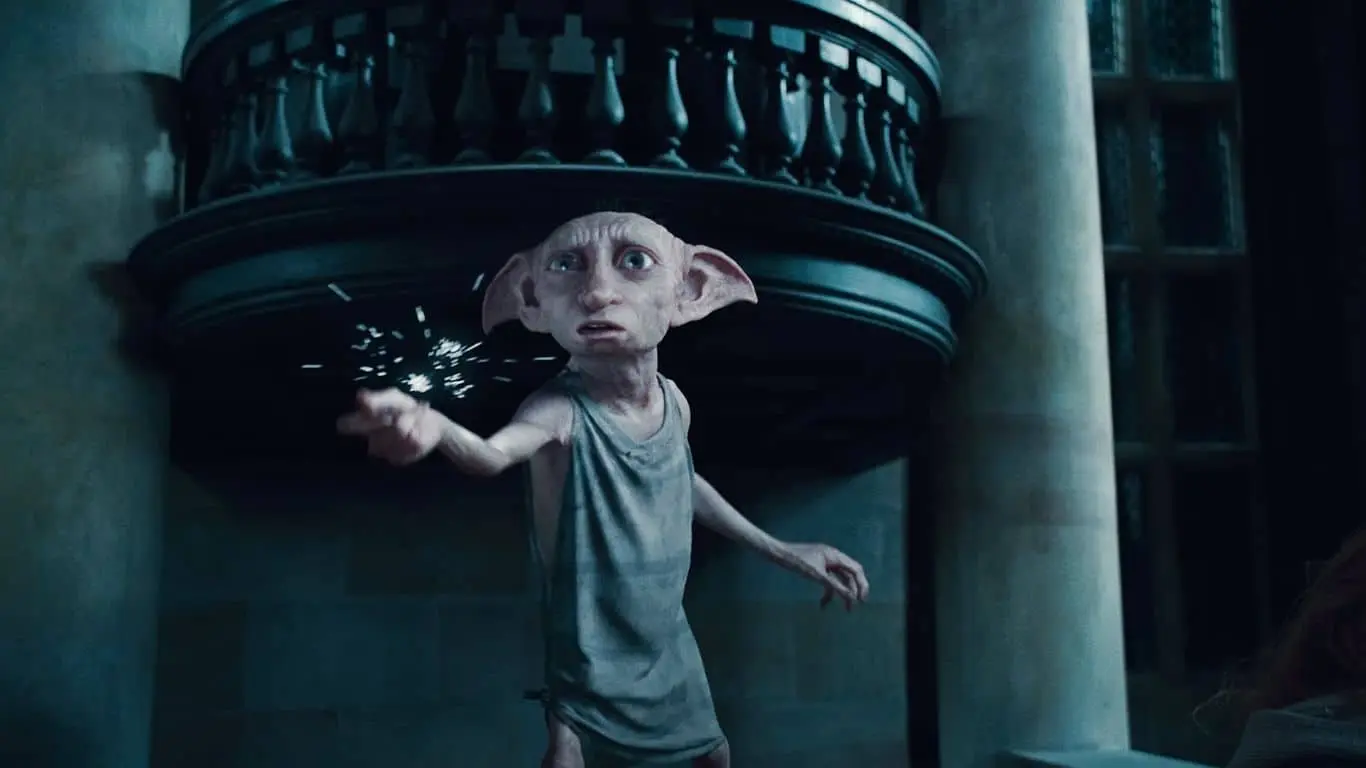
A symbol of unwavering loyalty and a fierce yearning for freedom, the house-elf Dobby embodies the struggle against oppressive norms within his society. His courageous actions and sacrifices for Harry and his friends illuminate the profound themes of servitude and liberation, showcasing the potential for heroism in the most unexpected characters.
Witnessing Dobby’s transformation from a life bound by servitude to one marked by self-determination is a journey that is as heart-wrenching as it is inspiring, reminding readers of the inherent dignity and strength that lies within even the smallest and most overlooked individuals.
Dante (“The Divine Comedy” by Dante Alighieri)
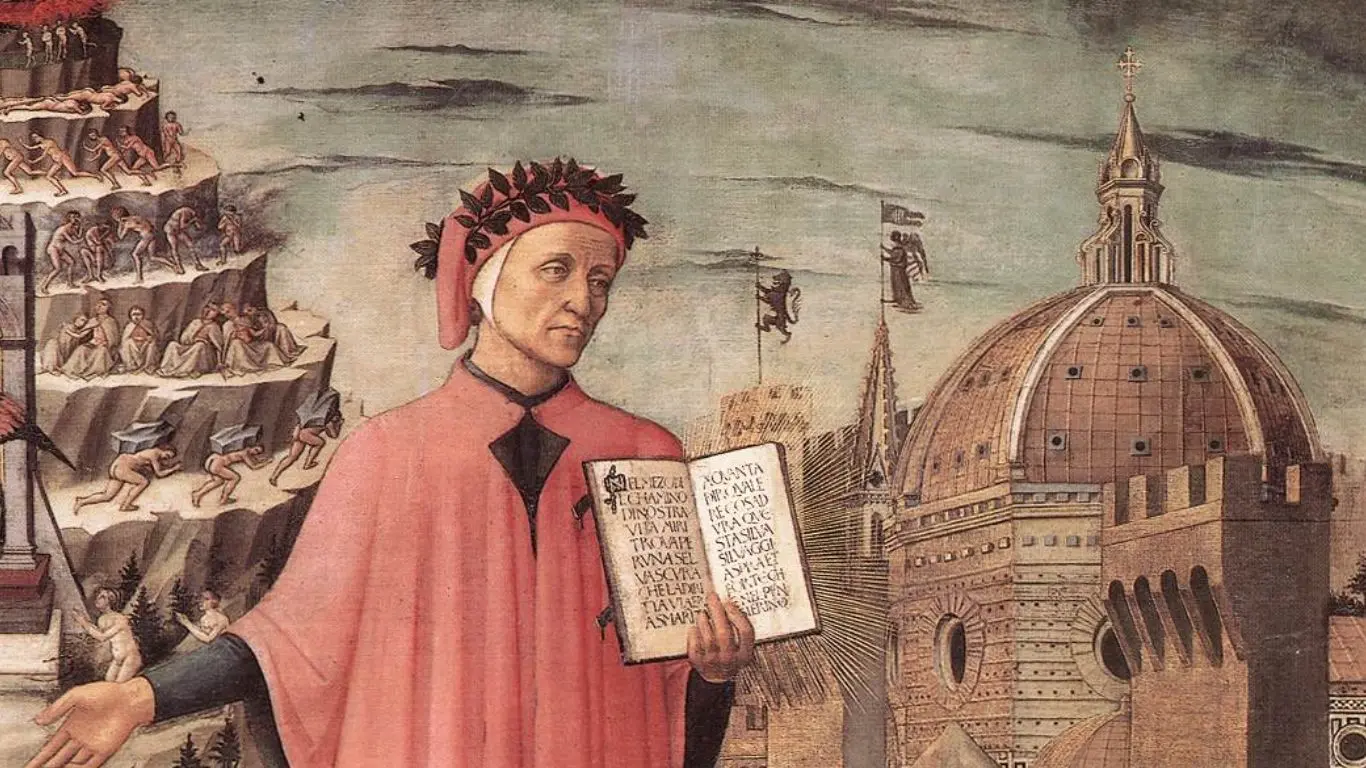
In “The Divine Comedy,” readers are invited on an epic voyage through the afterlife with Dante Alighieri as the protagonist, a unique self-insertion that personalizes the spiritual odyssey. Accompanied by the poet Virgil and his beloved Beatrice, Dante traverses the inferno, purgatory, and paradise, seeking redemption and a deeper comprehension of divine justice.
This narrative is not merely a fantastical journey but a profound meditation on sin, repentance, and the human yearning for eternal bliss. Dante’s travels resonate as a deeply personal pilgrimage and an allegorical journey of the soul towards divine understanding, reflecting the timeless quest for meaning and salvation.
Dr. Jekyll (“Strange Case of Dr Jekyll and Mr Hyde” by Robert Louis Stevenson)
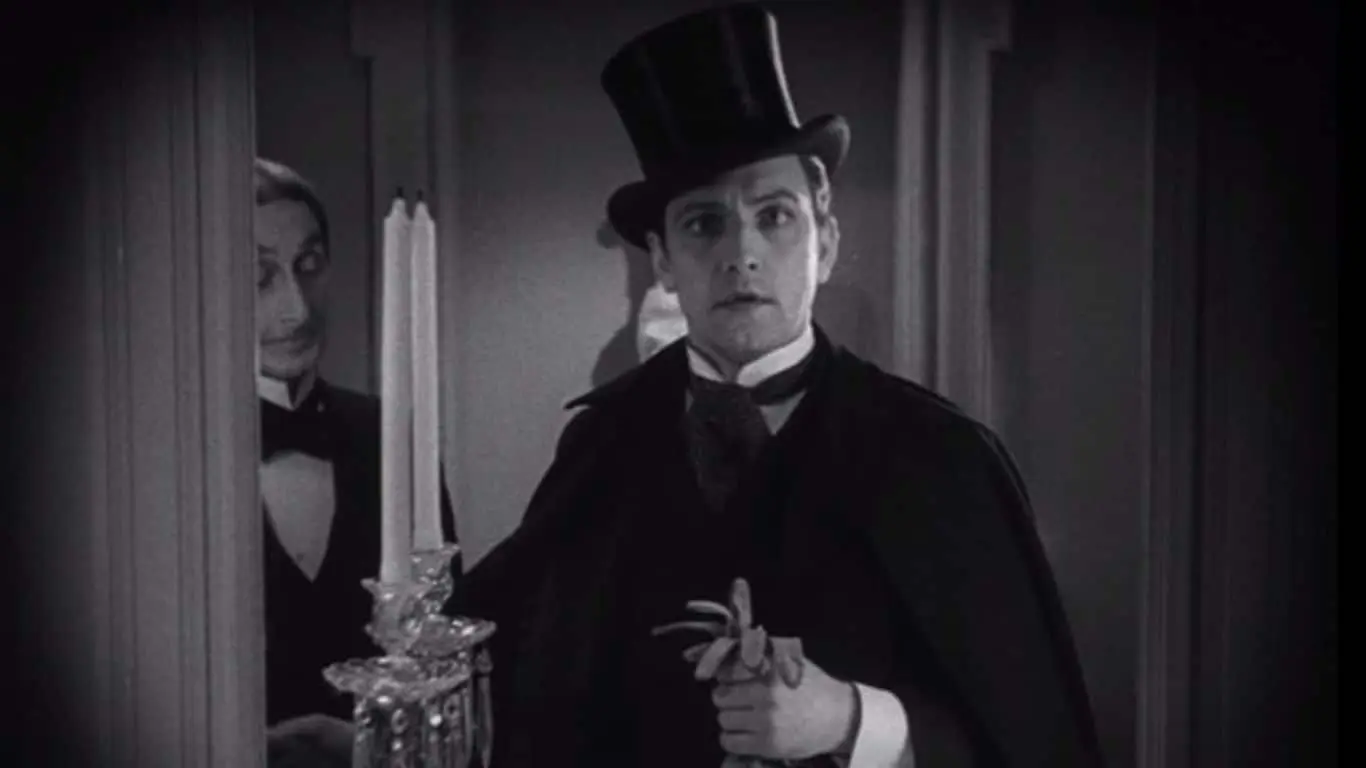
The tale of Dr. Henry Jekyll’s experimentation that brings forth Mr. Hyde delves deep into the human psyche, revealing a harrowing exploration of our inherent duality. This character’s journey is not just about the scientific conquest of transforming one’s identity but a profound commentary on the repressed vices and violent impulses that lurk beneath the surface of civilized demeanor.
As Jekyll and Hyde become increasingly entangled, the narrative unfolds the catastrophic consequences of losing control over one’s darker self and the societal pressures that urge us to maintain a facade of respectability. This story serves as a timeless reflection on the complex interplay between morality, identity, and the darker corners of human nature.
Also Read: 10 Memorable characters from Books Whose Names Begin with ‘C’
